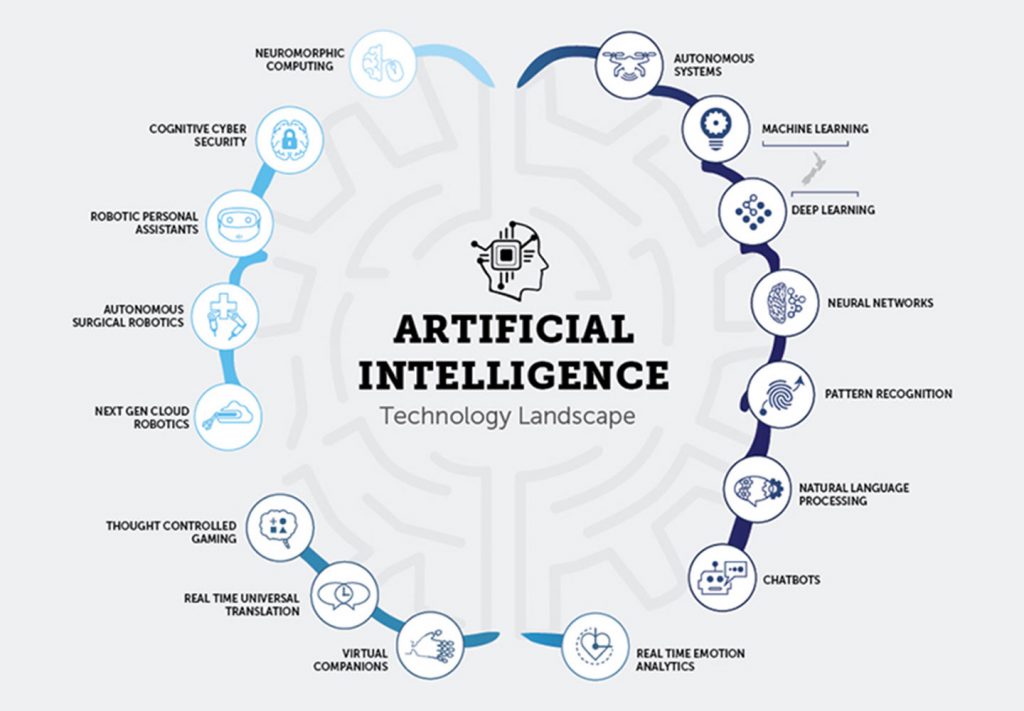
Studies show that nearly 60% of university research is funded and potentially influenced by major tech companies. (Source: AI Demystified/Callaghan Innovation)
Influence of Major Tech Companies on Research Could Pose Ethical Issues
These are some of the largest tech companies in the world: Alphabet, Amazon, Facebook, Microsoft, Apple, Nvidia, Intel, IBM, Huawei, Samsung, Uber, Alibaba, Element AI and OpenAI. They provide a tremendous amount of funding to most of our major universities.
For Big Tech to finance the future of their businesses by giving grants and financing to students and professors doesn’t seem to be a problem—on the surface.
However, a story by Will Knight of wired.com highlights two papers that show this type of funding may be having a negative effect in the AI Age. The article focused on a grad student who studied data on the subject.
Mohamed Abdalla decided to draw attention to how Big Tech’s big bucks may be warping the perspective of his field, artificial intelligence.
Abdalla, who is finishing his Ph.D. at the University of Toronto, has co-authored a paper highlighting the number of top AI researchers—including those who study the ethical challenges raised by the technology—who receive funding from tech companies. That can be a particular problem, he says, when corporate AI systems raise ethical issues, such as algorithmic bias, military use, or questions about the fairness and accuracy of face recognition programs.
Abdalla found that more than half of tenure-track AI faculty at four prominent universities who disclose their funding sources have received some sort of backing from Big Tech. Abdalla says he doesn’t believe any of those faculty are acting unethically, but he thinks their funding could bias their work—even unconsciously. He suggests universities introduce rules to raise awareness of potential conflicts of interest.
Abdalla compares the influence to that of big tobacco companies on research regarding the health of smoking in the 1950s.
When the people providing the funding you begin to take over the creativity of the scientist or researcher, the question of ethics comes into play. Not to mention the brain drain that is taking place.
“A paper published in July by researchers from the University of Rochester and China’s Cheung Kong Graduate School of Business found that Google, DeepMind, Amazon and Microsoft hired 52 tenure-track professors between 2004 and 2018. It concluded that this ‘brain drain’ has coincided with a drop in the number of students starting AI companies.”
The influence of industry money will be discussed at a workshop called “Resistance In AI” during the year’s biggest gathering of AI researchers. It is meant to examine the concentration of power in “governments and companies and away from marginalized communities.”
A spokesperson for Google says the company’s policies prohibit staff from seeking to influence academic work.
“Google’s collaborations with academic and research institutions are not driven by policy influence in any way,” the spokesperson says. “We are a huge supporter of academic research because it allows us to work with academics who are looking to solve the same problems that we are.”
Ben Recht, a professor at UC Berkeley, has previously criticized the idea of researchers simultaneously working for a university and a company. But he argues that it’s not an ethical breach.
“You can make a capitalist argument that it is good for companies to pursue ethical technology,” he says. “I think that this is something that many of them strive to do.”
The article presents loads of information regarding the pros and cons of the influence of Big Tech financing.
read more at wired.com







Leave A Comment